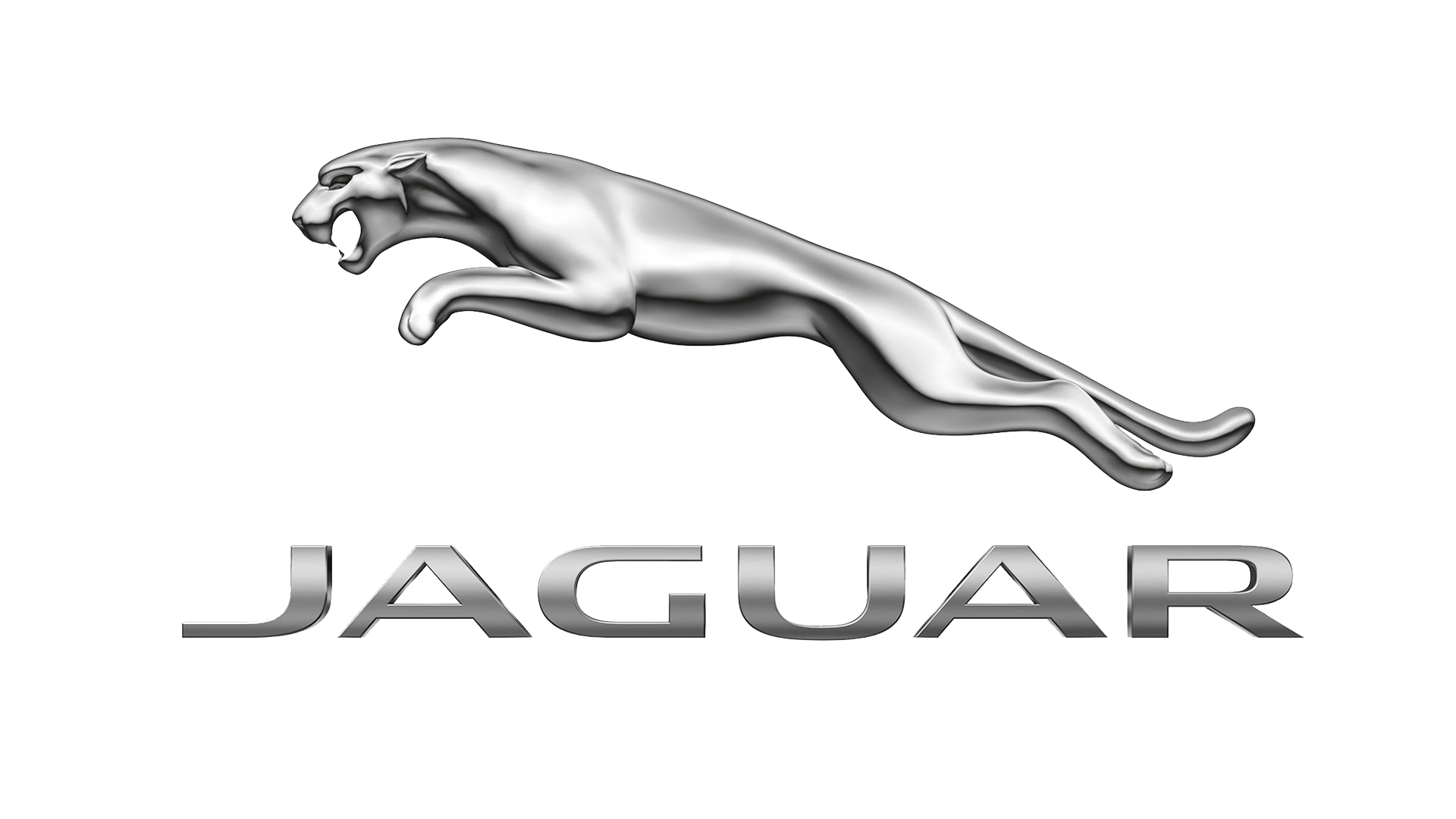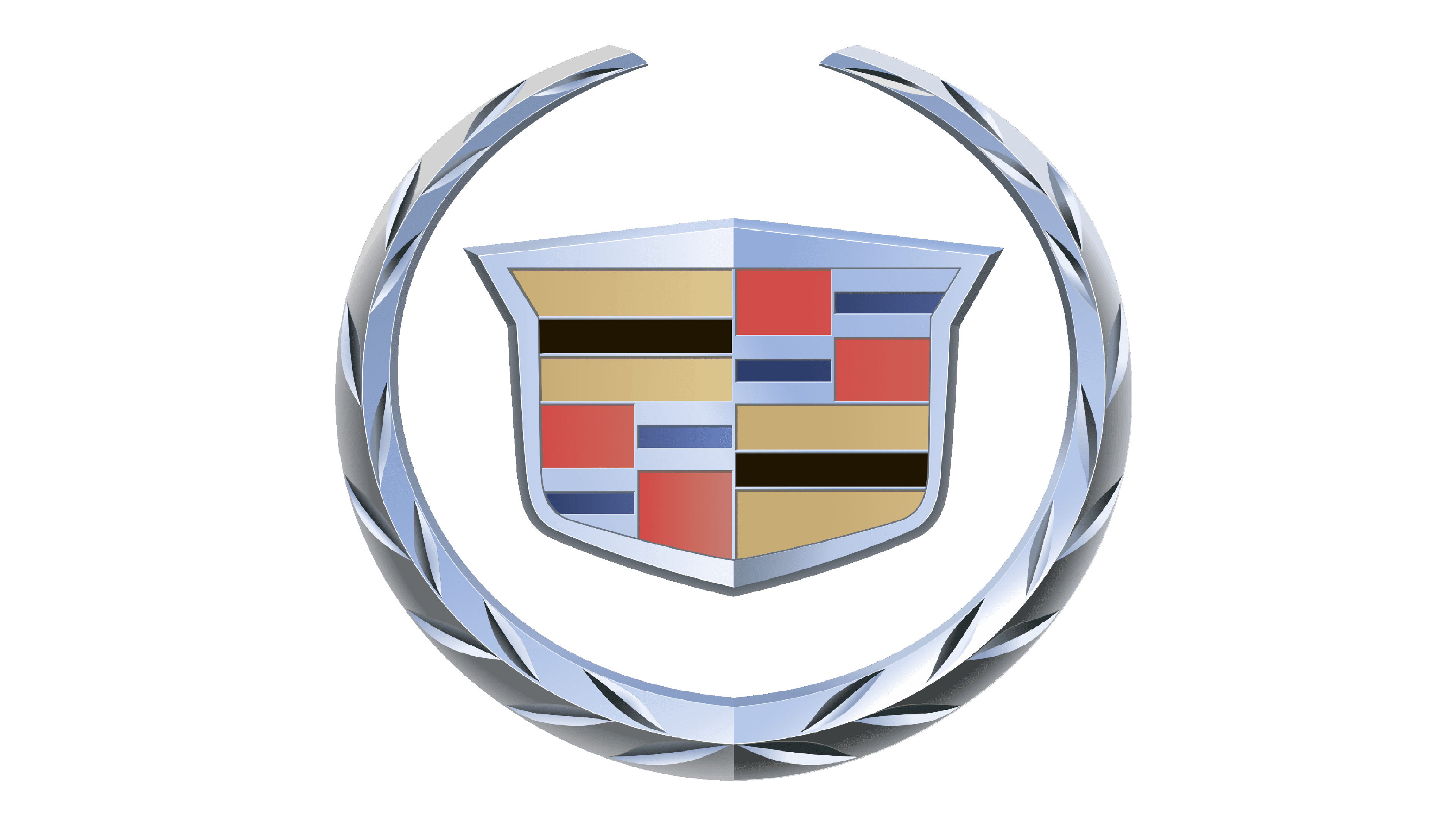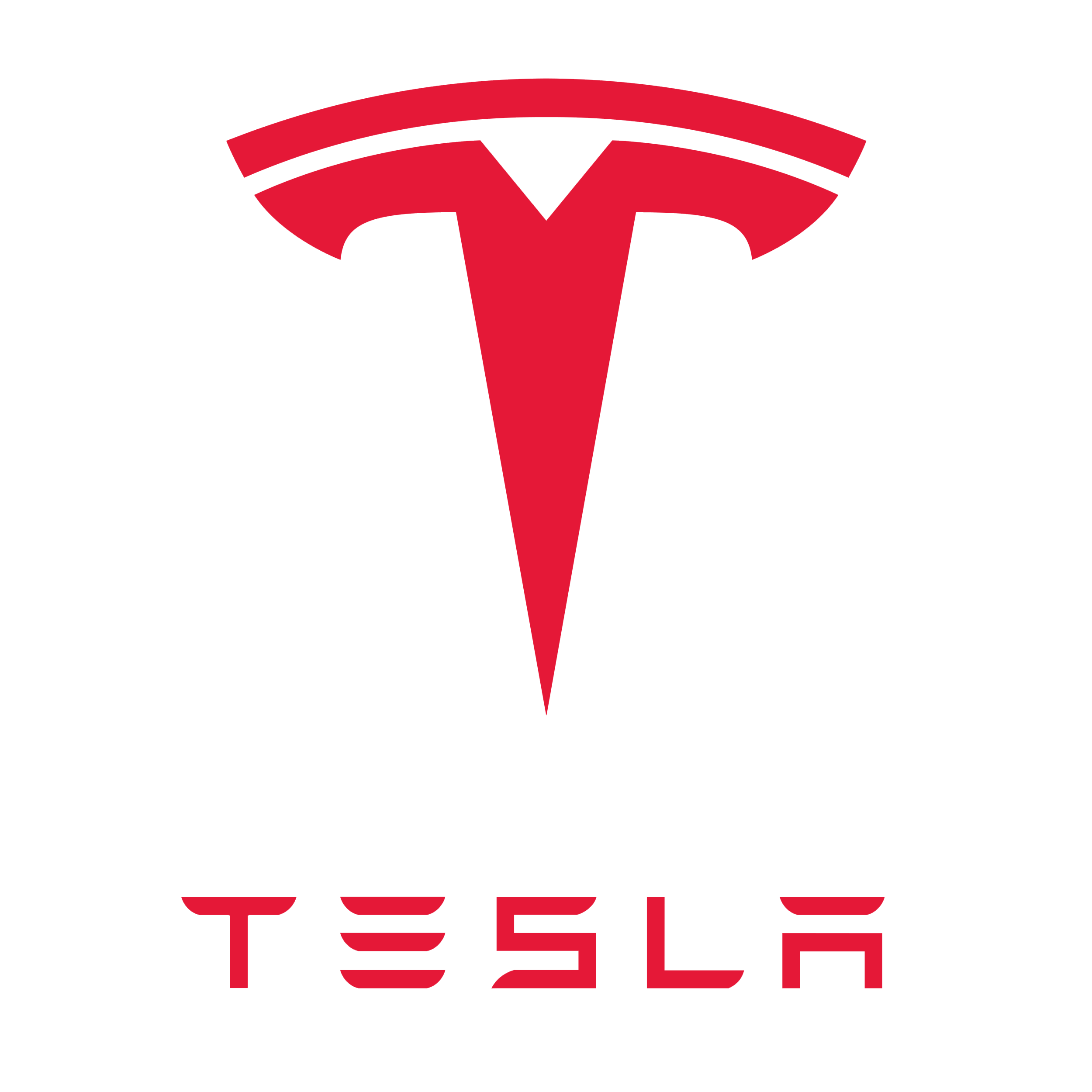When comparing Hyundai vs Honda, the decision is not straightforward. Both brands have made their mark in the automotive industry by producing reliable and innovative vehicles. While Honda is known for its consistency and engineering, Hyundai has built a reputation for offering high-value vehicles with advanced technology and longer warranties. To help you choose the right brand, this article breaks down the key aspects of each brand, from performance to interior comfort, and everything in between. Let's dive into the detailed comparison.
See more: Mazda vs Toyota
Hyundai vs honda :A Comprehensive Comparison
Despite entering the US auto market with a couple of decades' time difference, Honda and Hyundai are two of the most practical car brands available. While Honda vehicles have a sporty edge, Hyundai has established itself as a value brand with its competitive prices and industry-leading warranty coverage.
Here is a complete comparison table of hyundai vs honda
|
Category |
Honda |
Hyundai |
|
Interior Score |
Higher average interior score. |
Lower average interior score with some exceptions, Tucson being the top-performing model. |
|
Cargo Space |
Generous cargo space with high-quality materials and comfortable seating, e.g. Honda CR-V offers up to 75.8 cubic feet of cargo space. |
Good cargo space with some premium models lacking premium materials, e.g. Hyundai Tucson provides a maximum of 61.9 cubic feet of cargo space. |
|
Passenger Space |
Spacious cabin and comfortable seating, e.g. Honda Accord offers 105.6 cubic feet of passenger volume. |
Roomy interiors with comfortable seating, e.g. Hyundai Sonata offers 104.4 cubic feet of passenger volume. |
|
Utility Features |
Options include a power tailgate, roof rails, and a Magic Seat system. |
Features such as a hands-free power liftgate, a panoramic sunroof, and a sliding second-row seat. |
|
Reliability |
Known for reliability and long-lasting vehicles. |
Also known for reliability, but some models have had issues in the past. |
|
Safety |
High safety ratings and advanced safety features. |
Also high safety ratings and advanced safety features, e.g., Hyundai SmartSense. |
|
Performance |
Sporty driving experience with good fuel efficiency, e.g Honda Civic. |
Good performance with some models having turbocharged engines, e.g. Hyundai Elantra. |
|
Price |
Generally higher priced compared to Hyundai. |
Generally more affordable with some premium models available, e.g., Genesis. |
|
Warranty |
Standard 3-year/36,000-mile limited warranty with powertrain warranty for up to 5 years/60,000 miles. |
Standard 5-year/60,000-mile limited warranty with powertrain warranty for up to 10 years/100,000 miles. |
Performance
When evaluating performance between Hyundai and Honda, it’s essential to look at engine offerings, fuel efficiency, and driving dynamics. Honda traditionally focuses on a balanced driving experience with responsive engines. For example, models like the Honda Accord come equipped with turbocharged engines that provide a good blend of power and efficiency. Hyundai, on the other hand, tends to emphasize a smooth ride with higher fuel efficiency, often incorporating hybrid options across its lineup.
Performance in Specific Models
- Honda CR-V features a turbocharged 1.5L engine with 190 horsepower, providing strong acceleration and a spirited driving feel.
- Hyundai Tucson offers both gas and hybrid options, with the hybrid delivering exceptional fuel efficiency without compromising on power.
Conclusion on Performance
If you prioritize driving dynamics and a more engaging ride, Honda might have the edge. However, for those looking at hybrid options and fuel efficiency, Hyundai offers more variety.
Check out comparison of Mitsubishi and Toyota
Interior
The interior design and quality of materials used by both Honda and Hyundai vary significantly. Honda interiors often reflect a functional approach with high-quality materials and a focus on ergonomics. Hyundai, however, leans toward a more luxurious feel with soft-touch materials and an advanced infotainment system, even in its budget-friendly models.
Interior Comfort Comparison
- Honda Accord offers a spacious cabin with well-bolstered seats and an intuitive dashboard layout.
- Hyundai Sonata is known for its upscale interior with a minimalist design, leather upholstery options, and a large touchscreen interface.
If you are looking for a more refined and luxurious interior, Hyundai has a slight advantage. Honda, however, wins when it comes to ergonomic design and overall build quality.
Exteriors
When it comes to exterior styling, Hyundai and Honda have distinct design philosophies. Honda opts for a more conservative approach with clean lines and a timeless appeal. Hyundai, on the other hand, often experiments with bold and futuristic designs, which can be seen in models like the Hyundai Sonata and Hyundai Ioniq.
Exterior Design Elements
- Honda Civic maintains a sporty yet understated design, which appeals to a wide audience.
- Hyundai Elantra offers a more dynamic and aggressive look with sharp creases and an eye-catching front grille.
Choosing between the two brands depends on personal preference. If you want a vehicle that stands out on the road, Hyundai’s bold design language is more appealing. If you prefer a more traditional look, Honda is the better choice.
Check out comparison of Lexus vs Honda
Advanced Safety Features
Safety is a crucial factor for any car buyer. Both Honda and Hyundai offer advanced safety technologies, but each brand has a unique approach. Honda features its Honda Sensing® suite, which includes adaptive cruise control, lane-keeping assist, and collision mitigation braking. Hyundai, meanwhile, has its Hyundai SmartSense system that includes similar features like forward-collision avoidance assist and blind-spot collision warning.
Safety Feature Comparison
- Honda Accord includes a road departure mitigation system and traffic sign recognition as standard features.
- Hyundai Sonata offers a surround-view monitor and remote smart parking assist, which are not found in comparable Honda models.
Both brands provide excellent safety technology. However, Hyundai tends to include more features as standard, making it a great choice for safety-conscious buyers.
Technology and Features
Technology is a strong suit for both brands. Honda typically integrates technology in a user-friendly manner with systems like Apple CarPlay and Android Auto as standard in most models. Hyundai takes it a step further by offering more advanced features such as a 10.25-inch touchscreen, wireless charging, and digital key technology.
Tech and Infotainment Comparison
- Honda Civic provides a 7-inch touchscreen as standard, with options for a 9-inch display.
- Hyundai Elantra offers a standard 8-inch touchscreen, with an optional 10.25-inch display, along with navigation and a Bose premium sound system.
If you are looking for cutting-edge technology and advanced features, Hyundai has the upper hand. Honda, however, excels in providing a straightforward and intuitive tech experience.
Reliability table with 2025 Consumer Reports and J.D. Power scores
| Model | Consumer Reports 2025 Reliability Score | J.D. Power 2025 Dependability (PP100) | Notable Model-Specific Reliability Highlights |
|---|---|---|---|
| Honda Civic (2025) | Approx. 85+ (strong score) | Solid score, lower problems | Strong dependability with proven engines, minimal reported issues, and strong resale value . |
| Hyundai Tucson (2025) | Mid 70s (average to below average) | Higher PP100 indicating more issues | Known for occasional infotainment glitches, electrical faults, and recalls relating to safety systems; hybrid models have battery concerns . |
Reliability and Warranty Comparison
- Honda Accord has consistently been rated as one of the most reliable midsize sedans.
- Hyundai Sonata offers a better warranty package, giving buyers more peace of mind.
Resale Value and Cost of Ownership
Hyundai provides 3 years or 36,000 miles of complimentary maintenance, which includes oil changes and tire rotations performed at authorized dealers. Honda does not offer complimentary maintenance coverage, which can affect initial maintenance cost savings for Hyundai owners. However, this limited complimentary maintenance does not extend to all services, and long-term maintenance costs should still be considered.
When evaluating long-term costs, factors beyond complimentary maintenance are critical. Insurance premiums tend to be lower for Honda models, largely because of their strong safety ratings, which can contribute to reduced ownership costs over time. Additionally, Honda vehicles generally have better parts availability and more extensive dealer networks, potentially lowering maintenance downtime and repair costs.
Customer service and dealership experience also play an important role in ownership satisfaction. According to J.D. Power surveys, Honda dealerships typically score higher in customer satisfaction than Hyundai, impacting overall ownership experience.
Five-Year Cost of Ownership Comparison
| Cost Category | Honda (Average Model) | Hyundai (Average Model) |
|---|---|---|
| Purchase Price | $31,000 - $40,000 | $30,000 - $39,000 |
| Depreciation | ~$13,000 | ~$14,000 |
| Fuel Costs | ~$7,000 | ~$7,500 |
| Maintenance & Repairs | ~$4,000 | ~$3,000 (including complimentary maintenance benefit) |
| Insurance Premiums | Lower (due to safety ratings) | Generally higher |
| Total 5-Year Cost | $35,000 - $45,000 | $37,000 - $47,000 |
Note: Figures are averages and may vary based on model, location, and driving habits.
This table highlights that while Hyundai offers short-term savings from complimentary maintenance, Honda's lower insurance costs, strong resale value, and reputed customer service often help reduce total cost of ownership over five years.
This expanded section now includes complimentary maintenance detail for Hyundai, points on insurance and parts availability, customer satisfaction insights, and a structured 5 year cost comparison table using up-to-date cost data from Edmunds and other reliable sources. This should provide a more balanced and comprehensive overview for prospective buyers.
Engines and Fuel Economy
Fuel efficiency is a key consideration for many car buyers, and Honda has been a reliable choice in this regard for a long time. But with Hyundai making strides in this area, is Honda still the top dog? Let's find out by analyzing a table.
|
Model |
Engine |
Horsepower |
Torque |
Fuel efficiency |
|
Honda Insight |
1.5L LEB-MMD Atkinson cycle DOHC four-cylinder hybrid |
151 hp |
129 lb-ft (175 Nm) @ 4,000 rpm. (For 3rd gen) |
25.6 km/L – 28.4 km/L |
|
Hyundai Verna |
1497cc MPi G4FL Petrol Motor |
113bhp@6,300rpm |
144Nm@4,500rpm |
17.7 kmpl |
|
The Honda Vezel |
1.5L LEB Atkinson cycle i-DCD four-cylinder hybrid |
130-152 hp |
114 lb-ft -140 lb-ft @4,500 rpm |
27.0 km/L- 20.6 km/L |
|
Hyundai grand i10 |
1186 cc U2 D3FB Diesel Engine |
74bhp@4,000rpm |
190Nm@1750rpm |
25 kmpl |
|
Honda Civic |
2.0L 4-cylinder |
158 hp @ 6,500 rpm |
138 lb-ft of torque @4200 rom |
33 mpg |
|
Hyundai Tucson |
1995cc R2.0 D4HA Diesel Engine |
182bhp@4,000rpm |
400Nm@1,750rpm |
17 kmpl |
The fuel economy table should be standardized to mpg units to improve clarity and consistency. Add missing 2025 hybrid models such as the Honda Civic Hybrid, with combined fuel economy up to 50 mpg and praised for being "frugal and fun." Include additional 2025 hybrid-specific rows, for example, comparing Accord Hybrid and Sonata Hybrid. Real-world testing data should be incorporated, such as the 2025 Hyundai Tucson Hybrid achieving up to 38 mpg and accelerating 0-60 mph in about 7.8 seconds versus the Honda CR-V Hybrid's up to 40 mpg and 0-60 mph in about 8.0 seconds. Environmental impact metrics like CO2 emissions per mile should also be included for a comprehensive comparison
Pricing and Value
When it comes to pricing, Hyundai tends to offer more affordable cars compared to Honda. However, Honda offers more standard features in their base models, which can provide better value for the money. In terms of resale value, Honda cars tend to hold their value better over time compared to Hyundai cars.
|
Model |
Starting Price |
Warranty |
Value Rating |
|
Honda Civic |
$24,250 |
3 years / 36,000 miles |
8.2 (KBB) |
|
Honda Accord |
$27,295. |
3 years / 36,000 miles |
8.5 (KBB) |
|
Honda CR-V |
$30,100 |
3 years / 36,000 miles |
8.1 (KBB) |
|
Honda Pilot |
$48,350 |
3 years / 36,000 miles |
8.0 (KBB) |
|
Hyundai Elantra |
$22,025 |
5 years / 60,000 miles |
8.3 (KBB) |
|
Hyundai Sonata |
$24,950 |
5 years / 60,000 miles |
8.3 (KBB) |
|
Hyundai Tucson |
$28,605 |
5 years / 60,000 miles |
8.0 (KBB) |
|
Hyundai Santa Fe |
$28,200 |
5 years / 60,000 miles |
8.0 (KBB) |
Electric Vehicles of Hyundai and Honda
The article lacks coverage of full electric vehicles (EVs), a key segment experiencing rapid growth in 2025. Notably absent are comparisons of prominent EV models like the Honda Prologue, Hyundai Ioniq 5, and Hyundai Kona Electric, which offer a range of options from affordability to advanced technology.
| Feature | Honda Prologue | Hyundai Ioniq 5 | Hyundai Kona Electric |
|---|---|---|---|
| EPA Range (miles) | Up to 296-308* | Up to 303 | 261 |
| Starting Price (USD) | ~$47,400 (EX model) | ~$56,975 | ~$32,675 |
| Peak DC Fast Charging Rate | 150 kW | 350 kW | 100 kW |
| Battery Warranty | 8-year/100,000 miles | 10-year/100,000 miles | 10-year/100,000 miles |
| MPGe (City/Highway) | 113 / 94 | 110 / 88 | ~116 / 103 |
| Battery Capacity (kWh) | ~85.0 | ~84.0 | ~64.8 |
| Design Philosophy | Conventional SUV styling | Futuristic, angular styling | Compact crossover styling |
Note: Some sources list EPA range slightly differently for Prologue (296 vs. 308 miles).
Key Electric Vehicle Factors
-
Battery Warranty: Hyundai offers a more generous warranty of 10 years/100,000 miles on its EV batteries, compared to Honda's 8 years/100,000 miles, reflecting Hyundai’s confidence in battery longevity.
-
Charging Infrastructure Compatibility: Hyundai Ioniq 5 supports faster DC fast charging up to 350 kW, significantly reducing charging times compared to Honda Prologue's 150 kW and Kona Electric's 100 kW.
-
Federal Tax Credits: Both Honda Prologue and Hyundai EVs qualify for the 2025 federal EV tax credit of up to $7,500, offering substantial savings for buyers, though this credit is set to expire at the end of September 2025.
Model Comparison Of Hyundai vs honda
Honda Pilot vs. Hyundai Palisade
The Honda Pilot and Hyundai Palisade are two popular midsize SUVs. The Honda Pilot offers a spacious interior with three rows of seating and a V6 engine that delivers good power. The Hyundai Palisade, however, stands out for its premium interior feel, advanced tech features, and superior warranty.
Honda Accord vs Hyundai Sonata
The Honda Accord is known for its well-rounded nature, providing excellent performance, a spacious interior, and top-tier reliability. The Hyundai Sonata, on the other hand, offers a more modern design, with hybrid options and a higher emphasis on interior comfort.
Honda CR-V vs Hyundai Tucson
The Honda CR-V and Hyundai Tucson are direct competitors in the compact SUV segment. The CR-V focuses on practicality and cargo space, while the Tucson emphasizes a refined interior, hybrid options, and a smoother ride.
Target audieans and market segments
Hyundai vs Honda are two renowned automobile manufacturers with distinct target audiences and market segments. While both companies offer a range of vehicles, they often differ in terms of their brand positioning, target demographics, and market segmentation strategies. Let's explore the target audience and market segments of Hyundai and Honda.
Hyundai
Hyundai has positioned itself as a value-oriented brand with a focus on affordable vehicles that offer modern features and technology. The target audience of Hyundai typically includes individuals and families seeking reliable transportation at a reasonable price point. Some key market segments for Hyundai are:
Young Professionals and First-Time Buyers
Hyundai appeals to young professionals and first-time car buyers who prioritize affordability, fuel efficiency, and stylish designs. Models like the Hyundai Elantra and Hyundai Venue are popular choices in this segment.
Budget-Conscious Consumers
Hyundai targets consumers who are value-conscious and prioritize getting the most features and quality for their money. Models like the Hyundai Accent and Hyundai Tucson cater to this market segment.
Eco-Friendly and Technology Enthusiasts
Hyundai has also targeted consumers who are environmentally conscious and interested in advanced technology. Their Hyundai Ioniq lineup, including hybrid, plug-in hybrid, and electric models, appeals to this segment.
Honda
Honda is known for its reputation of producing reliable, practical, and fuel-efficient vehicles. The brand focuses on offering a wide range of vehicles which makes different market. The target audience of Honda comprises a diverse group of consumers. Some key market segments for Honda are:
Families and Safety-Conscious Consumers
Honda has a strong presence in the family vehicle segment. Models like the Honda Accord, Honda Civic, and Honda CR-V are popular choices among families, offering spacious interiors, safety features, and reliability.
Performance and Sports Enthusiasts
Honda's performance-oriented vehicles, such as the Honda Civic Type R and Honda Accord Sport, appeal to consumers who seek a blend of practicality and exhilarating driving experiences.
Environmentally Friendly and Hybrid Seekers
Honda has made efforts to target environmentally conscious consumers with its hybrid models, such as the Honda Insight and Honda Clarity. These vehicles cater to individuals who prioritize fuel efficiency and reduced emissions.
FAQ
What is more comfortable: Honda Accord vs. Hyundai Kona?
The Honda Accord is more comfortable due to its larger size and more spacious interior. It offers better legroom and higher-quality materials compared to the smaller Hyundai Kona, which is more compact and designed for urban driving.
Are Honda and Hyundai the same?
No, Honda and Hyundai are separate companies. Honda is a Japanese automaker known for its motorcycles and cars, while Hyundai is a South Korean manufacturer with a diverse lineup of vehicles.
Why are Honda and Hyundai so similar?
Both brands emphasize reliability, affordability, and value for money. While they share some market segments, their approaches differ in design philosophy, technology integration, and overall brand identity.
Is Honda better than Hyundai?
The question of whether Honda is better than Hyundai is subjective and depends on personal preferences. Both brands have their strengths and weaknesses. Honda cars are generally known for their smooth and refined ride quality, and e standard features in their base models, while Hyundai cars are typically sportier and more responsive and more advanced safety features. Ultimately, the choice between the two brands will depend on the individual's priorities and what they are looking for in a car.
What is the difference between Honda and Hyundai?
The main difference between Honda and Hyundai is their brand reputation and the features offered in their vehicles. Honda has a reputation for producing safe and reliable cars, while Hyundai is known for offering affordable vehicles with advanced technology and safety features.
Do Hondas last longer than Hyundai?
S. News and World Report have conducted a study that reveals that when it comes to reliability, Hyundai has a slight edge over Honda. Although Honda is a trustworthy brand and has been around for many years, Hyundai has managed to outperform it in terms of predicted reliability, as per the data for 2020. All of Hyundai's models scored above 3.5 out of 5 for predicted reliability, while Honda's older models may have an advantage in this aspect. However, if we talk about new cars or SUVs, Hyundai is the clear winner.
Are Hyundai cars good quality?
Yes, Hyundai cars are known for their good quality and reliability. According to RepairPal, Hyundai boasts a reliability rating of 4.0 out of 5.0, ranking 4th out of all 32 car brands.
Final Thoughts: Choosing Between Honda and Hyundai
In the end, whether you choose Honda or Hyundai depends on your preferences and needs. Honda provides a more consistent driving experience, higher resale value, and long-standing reliability. Hyundai offers better warranty coverage, more technology features, and a luxurious interior. Each brand has its strengths, making them suitable for different types of buyers.





























